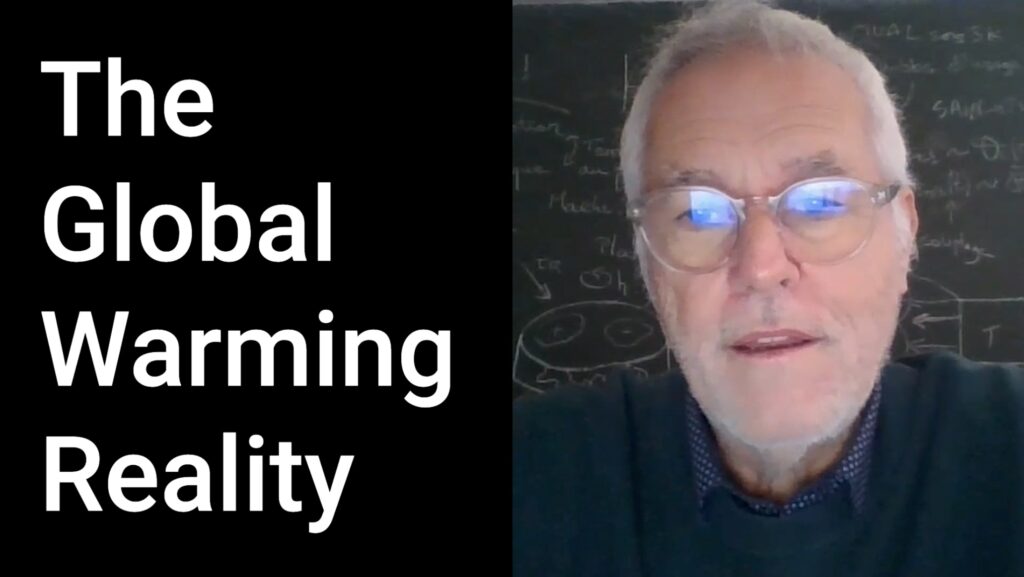The GLOBAL Warming Reality: Insights from Dr. Robert Vautard
In a recent episode of the “Let’s Climunicate” podcast, Dr. Alberto Troccoli hosted an enlightening conversation with Dr. Robert Vautard, co-chair of Working Group 1 of the Intergovernmental Panel on Climate Change (IPCC). The discussion delved into the pressing issues surrounding climate change, providing valuable insights into its challenges and complexities.
Understanding the State of Our Climate
Is global warming real? Can climate change be reversed? These are just a few of the critical questions addressed in the podcast. Dr. Troccoli and Dr. Vautard explored the undeniable rise in global temperatures and the role of human activities in this trend. According to Dr. Vautard, human contributions to this warming are unequivocally at 100%. Despite the complexity of climate science, the consistency of models and observations makes a compelling case for human-induced climate change.
The Role of Climate Models
Dr. Vautard shared insights on the importance of climate models, emphasizing their ability to forecast future climate scenarios based on current data. While acknowledging the challenges in predicting regional impacts due to natural variability, he stressed the accuracy of global energetics predictions.
Extreme Weather Events and Their Attribution
The podcast also touched upon the increase in extreme weather events and the role of global weather attribution studies. Dr. Vautard highlighted that while these events are not new, their frequency and intensity have significantly increased due to climate change. He explained that sophisticated statistical tools now allow scientists to evaluate the likelihood of events, enhancing our understanding and ability to respond.
Insights into the IPCC Process
Dr. Vautard provided a glimpse into the intricate processes of the IPCC, highlighting the importance of inclusive and calibrated language in communicating climate science. The consensus-driven approach of the IPCC ensures that every statement is universally understood across cultures and countries, maintaining objectivity and rigor.
Challenges and Future Directions
Inclusivity remains a core challenge, as disparities exist between the Global North and South in accessing scientific literature. The IPCC aims to address these gaps by including non-peer-reviewed literature and indigenous knowledge to enrich its assessments. Dr. Vautard also discussed the need for agility in IPCC processes to rapidly address emerging topics like the impact of COVID-19 on climate.
Engaging with Climate Science
The podcast concluded with encouragement for public engagement in climate science. Whether through contributing to literature or participating as reviewers and authors, there are numerous ways for individuals to get involved with the IPCC’s work.
In closing, Dr. Troccoli thanked Dr. Vautard for the insightful conversation, encouraging listeners to explore further topics on climate change through LinkedIn posts and upcoming podcast episodes. This discussion serves as a reminder of the urgent need to understand and address the multifaceted issues of climate change.
Stay connected with our weekly releases as we continue to explore vital perspectives on climate science and solutions.




